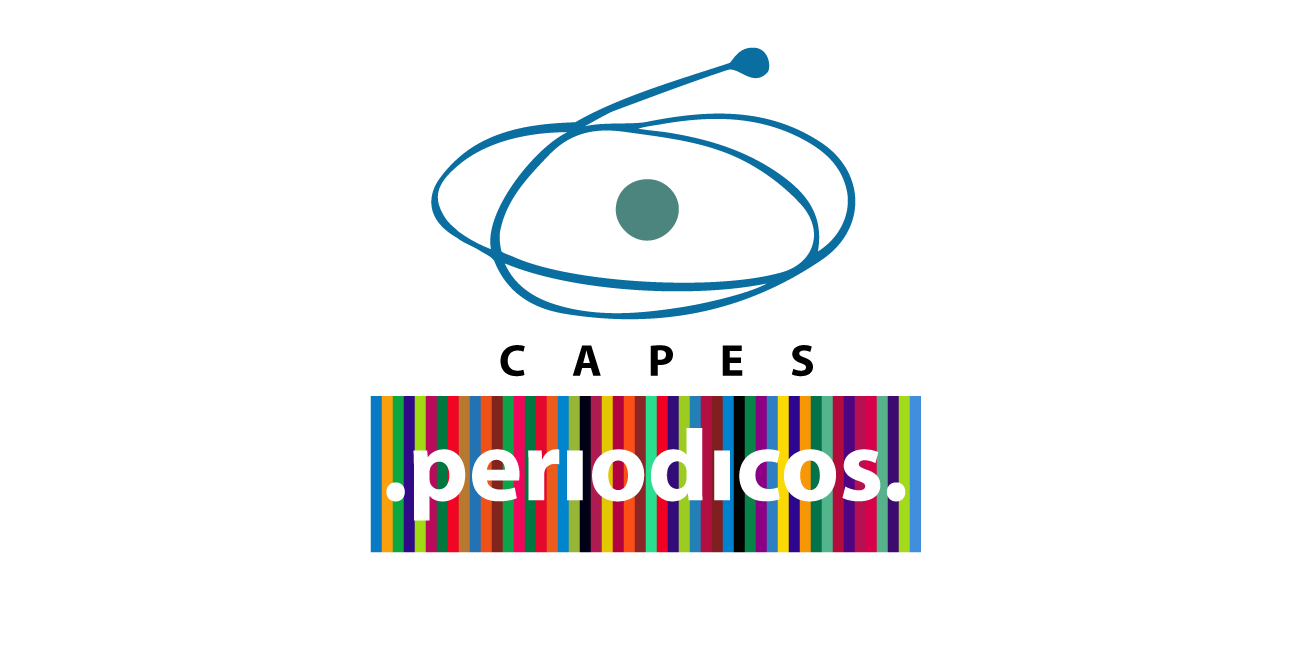Economic analysis of the conflict of property rights caused by Dark Kitchens
DOI:
https://doi.org/10.17765/2176-9184.2023v23n1.e11664Keywords:
Law and economics, Dark kitchen, Rights of the neighborhoodAbstract
After more than two years of restrictions caused by the Covid-19 pandemic, new sales channels for restaurant business, especially the delivery type, have proliferated. Bars and restaurants started investing in dark kitchen system, or rather, warehouses with industrial kitchens exclusively for the delivery of food and beverage. The system caused significant cost reduction for entrepreneurs and for fast deliveries to consumers. Current study analyzes the best solution to the property rights conflict between dark kitchens and their neighborhood. Methodology comprised deduction-description and bibliographical research technique. It must be stated that, according to the material criterion of justice, the person responsible for the unlawful act should, as a rule, in the absence of exclusions for liability, indemnify the party who bore the losses or stopped the undue interferences. Regarding the economic aspect, the above solution is not necessarily the most appropriate, since the possibility of negotiation between the parties must be analyzed. Further, state intervention will only be necessary if negotiation between parties is not possible, since it aims at the maintenance of jobs and revenue. Special attention should be given to the fact that consumers would also be harmed since they would no longer have access to a faster delivery service at reduced prices.References
BARZEL, Yoram. Economic analysis of property rights. New York: Cambridge University Press, Second Edition, 1997.
BIANCHI, Juliana. Sem Regulamentação Específica, Dark Kitchens devem crescer ainda mais pelo país. CNN, São Paulo, 20 abr. 2022. Disponível em: https://viagemegastronomia.cnnbrasil.com.br/cultura/sem-regulamentacao-especifica-dark-kitchens-devem-crescer-ainda-mais-pelo-pais/ Acesso em: 13 out. 2022.
BONDUKI, Nabil. Dark kitchens, que vieram para ficar, são boas para as cidades? Folha de S. Paulo, 13 fev. 2022. Disponível em: https://www1.folha.uol.com.br/colunas/nabil-bonduki/2022/02/dark-kitchens-que-vieram-para-ficar-sao-boas-para-as-cidades.shtml Acesso em: 13 set. 2022
BRAUN, Daniela. Aplicativos de `Delivery` reagem ao recuo da demanda. ABRASEL, Belo Horizonte, 20 jul. 2022. Disponível em: https://abrasel.com.br/noticias/noticias/aplicativos-de-delivery-reagem-a-recuo-da-demanda/ Acesso em: 25 ago. 2022.
CAPPELLI, Silvia. Poluição Sonora e Crime do Art. 54 e da Lei 9.605/98. Revista de Direito Ambiental, v. 47, p. 197-212, 2007.
CHIODI, Hermano. Para fugirem das taxas das plataformas restaurantes criam aplicativos próprios. ABRASEL, Belo Horizonte, 18 abr. 2022. Disponível em: https://abrasel.com.br/noticias/noticias/para-fugirem-das-taxas-das-plataformas-restaurantes-criam-aplicativos-proprios/ Acesso em: 29 ago. 2022.
GOMES, Orlando. Direitos reais. São Paulo: GEN, 2012.
GONÇALVES, Carlos Roberto. Direito Civil Brasileiro. Volume 5. São Paulo: Saraiva, 2022.
MEIRELLES, Hely Lopes. Direito de construir. São Paulo: Malheiros, 2005.
MELO, Marco Aurélio de. Código Civil comentado: doutrina e jurisprudência. 2. ed. Rio de Janeiro, Forense, 2020.
MONTANDON, Daniel Todtmann. As Dark Kitchens devem ter Regulamentação Própria? NÃO. Folha de S. Paulo. São Paulo, 20 mai. 2022. Disponível em: https://www1.folha.uol.com.br/opiniao/2022/05/as-dark-kitchens-devem-ter-regulamentacao-propria-nao.shtml Acesso em: 15 set. 2022.
PORTO, Antônio José Maristrello. Análise Econômica do Direito (AED). Rio de Janeiro: FGV, 2013.
PORTO, Antônio Maristrello; GAROUPA, Nuno. Curso de Análise Econômica do Direito. São Paulo: Grupo GEN, 2021.
POSNER, Richard Allen. Economic Analysis of Law. Boston: Little, Brown & Company, 1972.
RIBEIRO, Marcia Carla; JAKOBI, Kharin. A Análise Econômica do Direito e a Regulação do Mercado de Capitais. São Paulo: Atlas S.A, 2014.
RIBEIRO, Marcia Carla; KLEIN, Vinicius (coord). O que é análise econômica do direito: uma introdução. Belo Horizonte: Fórum, 2011.
RODRIGUES, Silvio. Direito civil. 27. ed. São Paulo: Saraiva, 2002. v. 5.
ROSTEY, Gabriel. As Dark Kitchens devem ter Regulamentação Própria? SIM. Folha de S. Paulo. São Paulo, 20 mai. 2022. Disponível em: https://www1.folha.uol.com.br/opiniao/2022/05/as-dark-kitchens-devem-ter-regulamentacao-propria-sim.shtml Acesso em: 15 set. 2022.
SÃO PAULO. Lei Municipal de São Paulo n. 17.853/2022. Disponível em: http://legislacao.prefeitura.sp.gov.br/leis/lei-17853-de-29-de-novembro-de-2022. Acesso em: 24 mar. 2023.
SOARES, Danielle de Almeida Mota; SILVA, Guilherme da; TORREZAN, Raphael Guilherme Araujo. Aplicação Ambiental do Teorema de Coase: o caso do Mercado de Créditos de Carbono. Revista Iniciativa Econômica. v.2, n. 2, 2015. Disponível em: https://periodicos.fclar.unesp.br/iniciativa/article/view/8691/5970 Acesso em: 09 set. 2022.
TARTUCE, Flávio. Direito civil: direito das coisas. 13. ed. Rio de Janeiro: Forense, 2021.
ULEN, Thomas; COOTER, Robert. Direito & Economia. 5. ed. Porto Alegre: Bookman, 2010.
VIEIRA, Bárbara Muniz. Dark kitchens: como funcionam os galpões com dezenas de cozinhas para delivery. G1 Globo, São Paulo, 03 jun. 2022. Disponível em: https://g1.globo.com/sp/sao-paulo/noticia/2022/06/03/dark-kitchens-como-funcionam-os-galpoes-com-dezenas-de-cozinhas-para-delivery.ghtml Acesso em: 04 ago. 2022.
Downloads
Published
How to Cite
Issue
Section
License
A Revista se reserva o direito de efetuar, nos originais, alterações de ordem normativa, ortográfica e gramatical, com o intuito de manter o padrão culto da língua, respeitando, porém, o estilo dos autores. As opiniões emitidas pelos autores são de sua exclusiva responsabilidade.
Os direitos autorais pertencem exclusivamente aos autores. Os direitos de licenciamento utilizado pelo periódico é a licença Commons Atribuição 4.0 Internacional. São permitidos o compartilhamento (cópia e distribuição do material em qualquer meio ou formato) e adaptação (remixar, transformar, e criar a partir do trabalho, mesmo para fins comerciais), desde que lhe atribuam o devido crédito pela criação original.
















